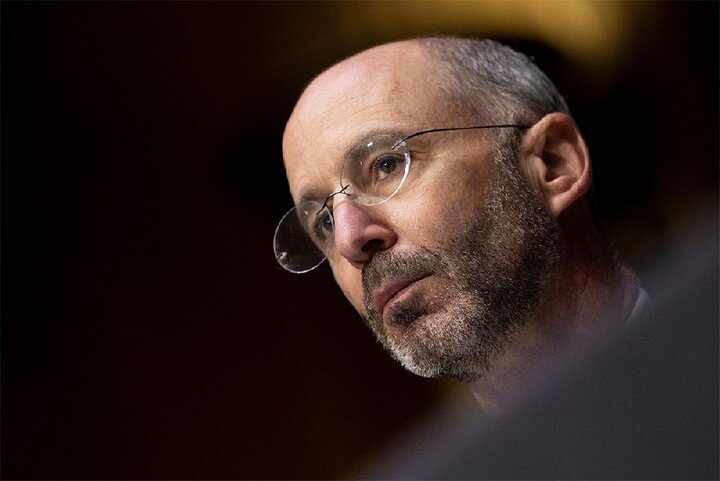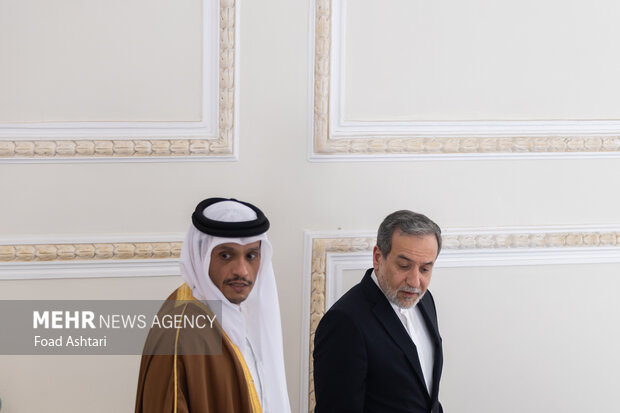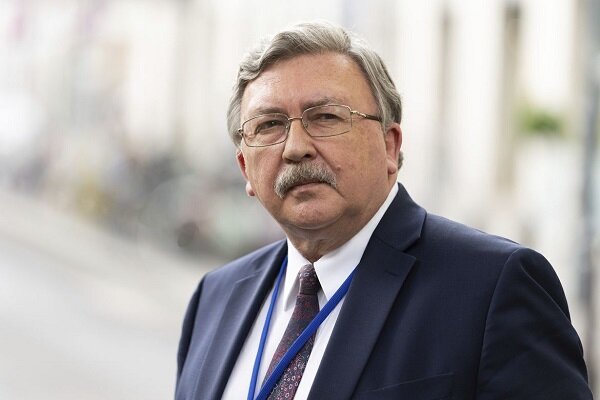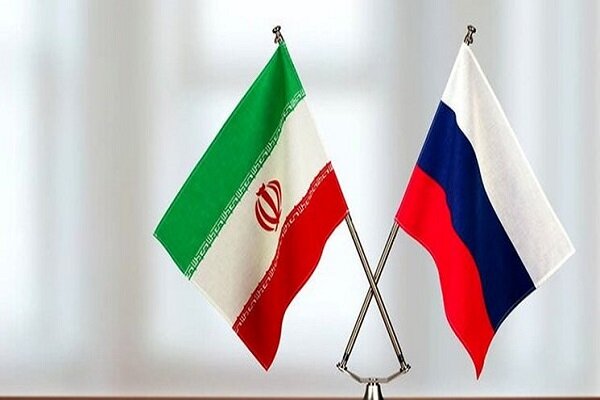
On June 30th, Matthew Miller, the spokesperson for the US State Department, somewhat reduced the ambiguity and announced via email to Reuters that Robert Malley had taken “a leave of absence” and that his duties would be temporarily assumed by his deputy, Abraham Peck.
According to US officials, the Diplomatic Security Department had suspended his security clearance. What has been publicly disclosed so far has been ambiguous and incomplete. US sources say that the 60-year-old diplomat has not complied with the law in protecting information. However, according to the published information, it is still unclear whether this was intentional or unintentional negligence.
Malley is not the first diplomat to have his security clearance suspended, and this has happened before.
The collection of opinions and news published about Robert Malley’s removal indicates extensive and coordinated subterfuge at the highest levels of the US government.
On May 16th, Wendy Sherman, the US Deputy Secretary of State, attended a confidential meeting with senators about negotiations with Iran. Colin Kahl, the US Assistant Secretary of Defense for Policy; Morgan Muir, the Deputy Director of the National Intelligence Agency; Brian Nelson, the Deputy Assistant Secretary of the Treasury for Terrorism and Financial Intelligence; and Stephen Koehler, the Director of Strategic and Political Affairs for the Joint Chiefs of Staff accompanied Sherman at this confidential meeting. What was noteworthy was the absence of Robert Malley, who was the main person in charge of the Iran dossier in the Biden administration.
Some media outlets reported that he had taken a two-day leave, while others said that he had taken a long leave. His absence at such an unusual meeting was notable, but the US government insisted on keeping the real reason for his absence confidential, to the extent that even the senators were not informed of the real reason.
The issue is of such importance that to date, despite the general announcement of the matter, the exact date of Malley’s suspension has not been announced.
Tehran Times has learned through a confidential source that the exact date of Malley’s suspension was April 21st. On this date, Malley was informed by the Diplomatic Security Department that he had difficulty in preserving and maintaining classified documents, and his clearance was suspended. His work-related accesses were cut off at this time. However, to prevent the matter from becoming public, some of his limited and non-critical accesses were maintained, such as his communication with the families of American prisoners in Iran.
After several weeks, the date of which is also clear to us, Malley is sent on forced and unpaid leave, which is not exactly a dismissal. During this period, Iran and the US held confidential negotiations in Oman, and the US sent Brett McGurk, a member of the National Security Council who is close to Jake Sullivan, to Oman. The noteworthy point is that the Americans are trying to present the replacement of McGurk as a positive change and an effort to advance negotiations with Iran, hiding the Malley affair.
An informed source, who did not want to be named, added that after his forced leave and quasi-dismissal, Malley held meetings with high-level security officials such as the head of the CIA and the national security adviser, and they promised to resolve his problem. But the important point is that not only Secretary of State Blinken has not met him to this day, but his deputy has also not responded positively to Malley’s request for a meeting.
In addition, Malley, who is completely unaware of the US government’s intentions, has turned to a group of veteran legal-security lawyers to help untangle his situation. Malley has been in regular contact with various circles and individuals to advance his policies on Iran and has held meetings with them. Some of these individuals are Iranians whose footprint in recent years can be clearly seen in Washington’s diplomacy towards Tehran. These individuals play both the role of diplomatic brokers and experts in the media and are also seeking to achieve their own desired goals through these channels.
Perhaps Malley did not adhere to protective principles in his dealings with these individuals and raised some points that he was not authorized to discuss. In any case, what is certain is that sidelining Malley, contrary to some analyses, has no connection to a change in US policy towards Iran and is an internal matter. Malley’s overly close proximity to his non-official Iranian assistants and advisers created the ground for the fall of this experienced diplomat.
By Sadra Torabi
First published in Tehran Times





